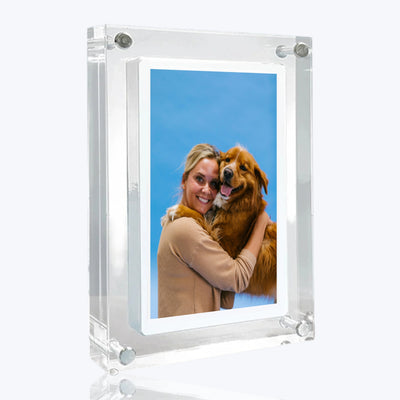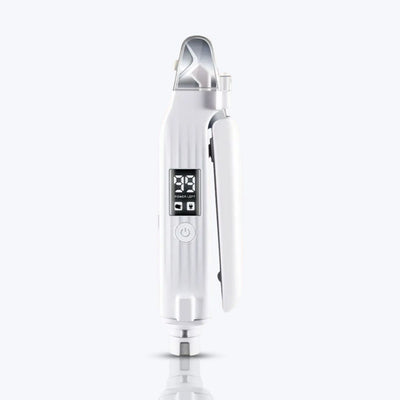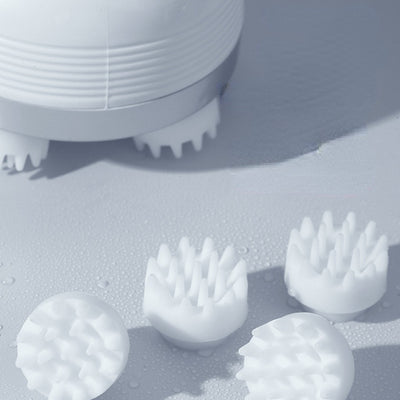Embracing a raw diet for your dog can be a transformative step towards enhancing their overall health and vitality. However, as with any dietary change, it's crucial to be well-informed about the potential risks involved.
While raw diets offer numerous benefits, certain foods that are often included in these diets can be harmful, or even dangerous, to dogs. In this blog post, we’ll explore which foods to steer clear of when preparing your dog's raw meals.
1. Onions and Garlic: Hidden Dangers Onions and garlic, while common in our kitchens, can be extremely harmful to dogs. They contain compounds that can cause oxidative damage to red blood cells, leading to anemia.
This applies to raw, cooked, and powdered forms. Even small amounts over time can lead to toxicity, so it’s best to avoid these entirely in your dog’s diet.

2. Grapes and Raisins: Small but Harmful Grapes and raisins are often overlooked as dangerous foods for dogs, but they can cause severe kidney damage leading to acute kidney failure.
The exact toxic substance in grapes and raisins is unknown, and toxicity can occur with even a small amount.

3. Chocolate: Not a Sweet Treat for Dogs Chocolate is well-known for being toxic to dogs. It contains theobromine and caffeine, which can lead to various health issues like hyperactivity, seizures, and cardiac problems.
Dark chocolate and baking chocolate are particularly dangerous due to higher levels of these compounds.

4. Avocado: More Than Just Guacamole Avocado contains persin, a fungicidal toxin, which can cause health issues in dogs.
While it’s more concentrated in the leaves, skin, and pit, the flesh itself can still be harmful, especially in large quantities.

5. Bones: A Controversial Component Raw bones are often considered a staple in raw diets, but they come with risks. Bones can splinter and cause choking, blockages, or tears in the digestive system.
It’s essential to choose the right type of bones (usually larger, softer bones) and supervise your dog while they chew.

6. Certain Nuts: Small but Problematic Nuts like macadamia nuts are toxic to dogs and can cause symptoms like weakness, vomiting, and hyperthermia.
Other nuts, such as almonds, aren’t necessarily toxic but can pose a choking hazard and cause gastrointestinal upset due to their high-fat content.

7. Raw Eggs: Debated but Risky While some raw diet advocates include raw eggs, they can pose a risk of salmonella and E. coli infection.
They also contain an enzyme that can interfere with the absorption of biotin (a B vitamin), which is essential for your dog’s skin and coat health.

8. High-Fat Meats: Moderation is Key While fat is an essential part of a dog's diet, excessive amounts can lead to pancreatitis. It’s important to balance the fat content in your dog’s diet, especially if they are prone to digestive issues.

Conclusion: A raw diet can be incredibly beneficial for your dog, but it’s vital to be aware of the potential risks. By knowing which foods to avoid, you can ensure that your dog enjoys all the advantages of a raw diet without the dangers.
Always consult with a veterinarian or a canine nutritionist when making significant changes to your dog’s diet. Remember, every dog is unique, and what works for one may not be suitable for another.























1 comment
All good information